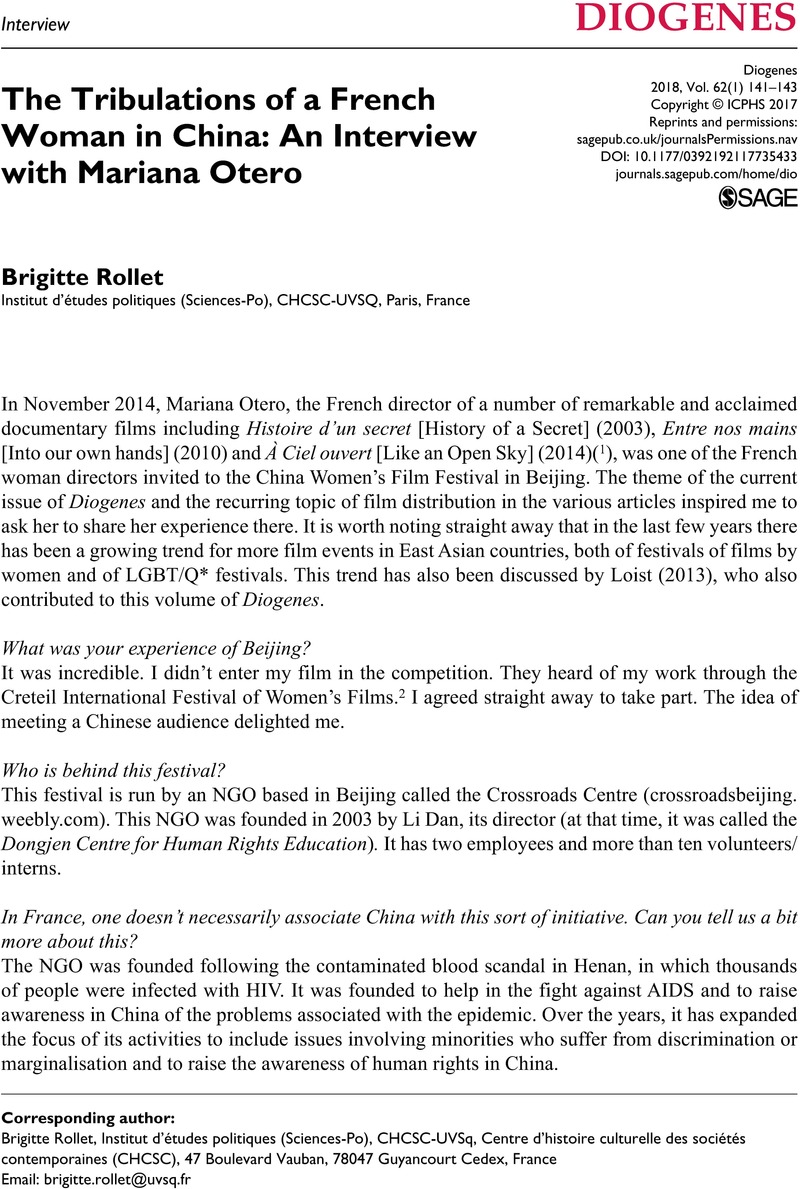Crossref Citations
This article has been cited by the following publications. This list is generated based on data provided by Crossref.
Iguchi, Masahiro
2018.
Effects of insecticides on the diamondback moth, <i>Plutella xylostella</i> (Linnaeus), collected from Komatsuna greenhouse in Wakayama.
Annual Report of The Kansai Plant Protection Society,
Vol. 60,
Issue. 0,
p.
103.



